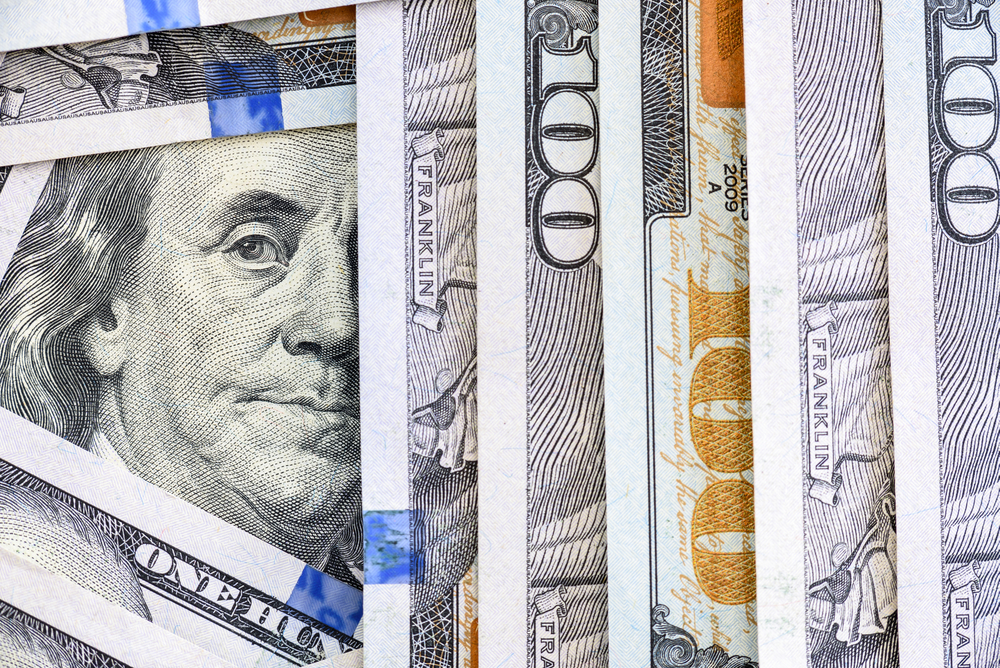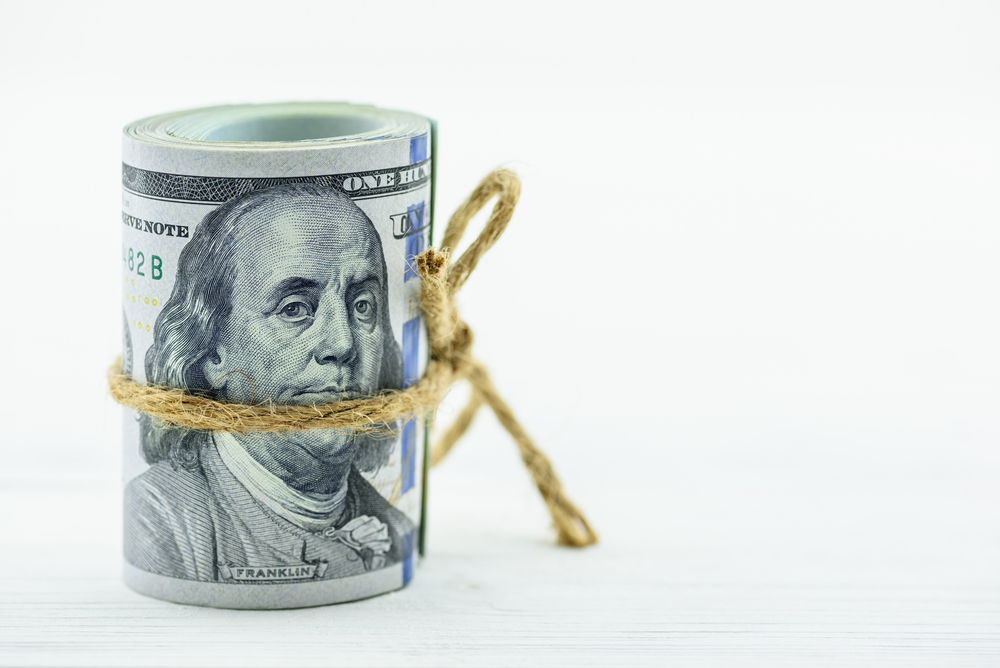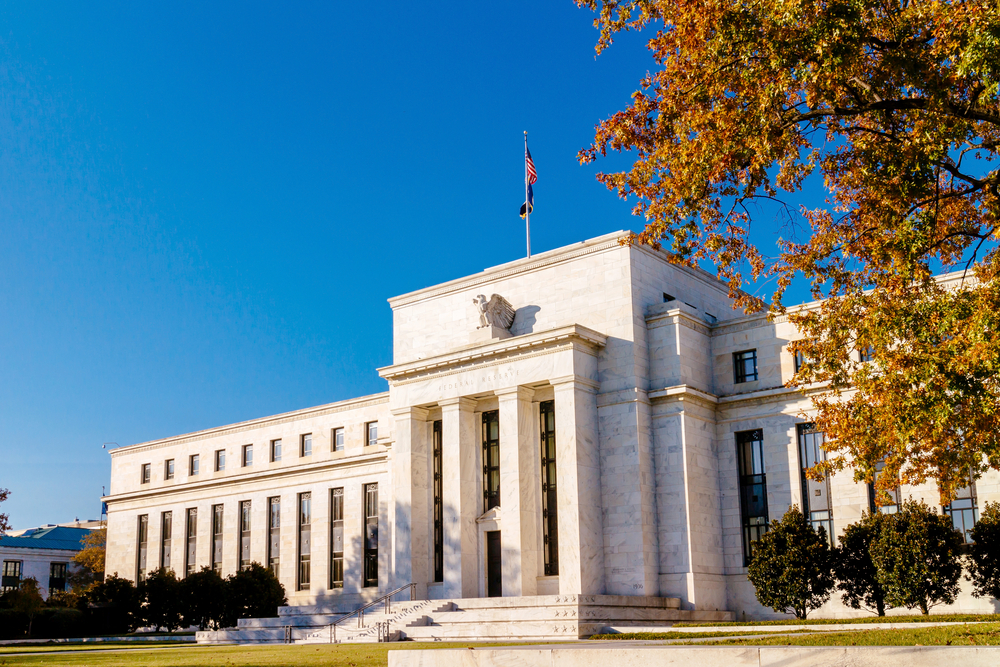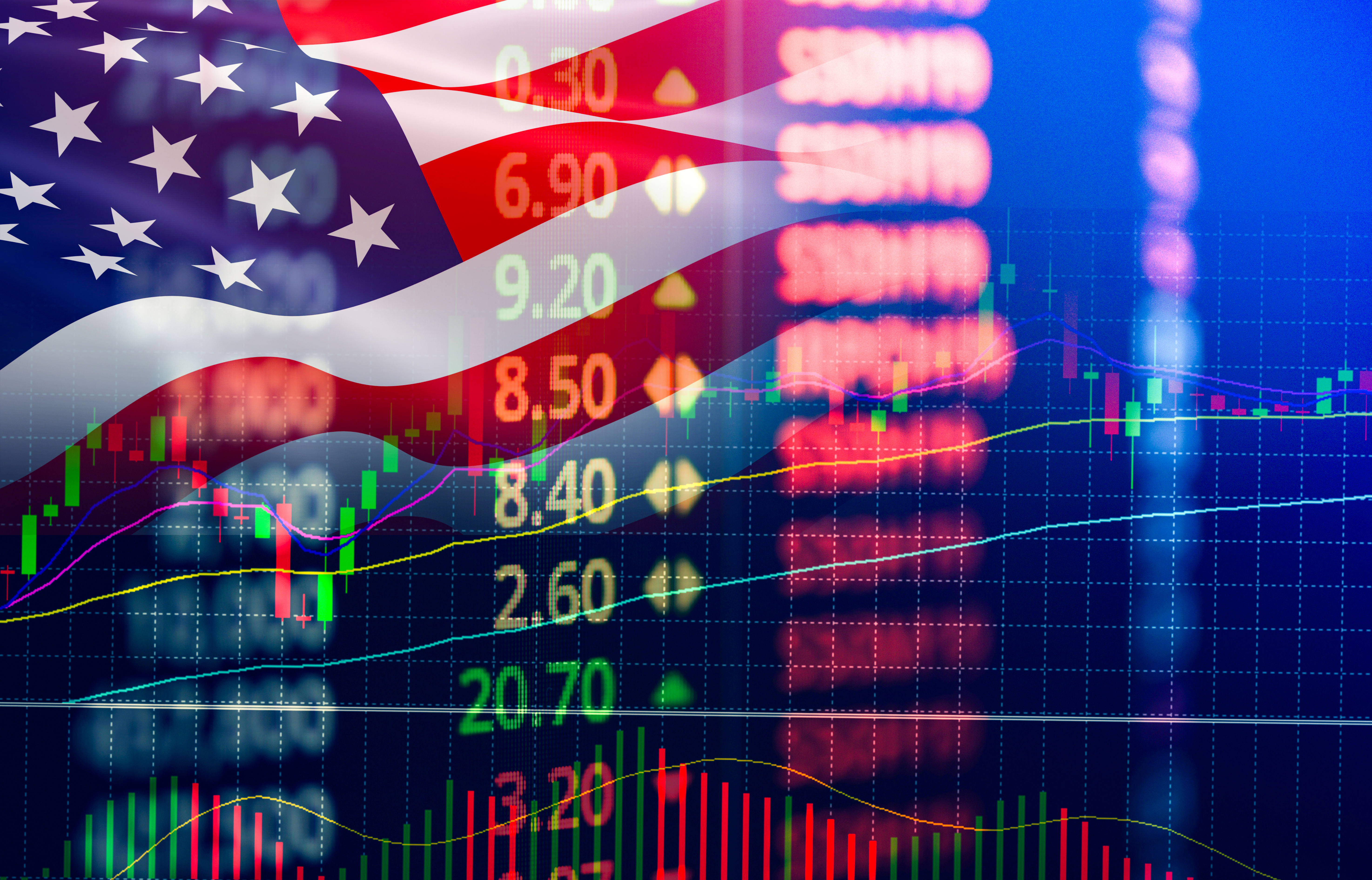Markets sound the alarm: the Fourth Wave
Coronavirus (Covid-19) continues to be on the markets' agenda, raising concerns about Delta, which has recently been monitored in India and then started to be observed in the UK and Europe.
The Coronavirus outbreak, which was identified last year and then spread around the world, changes the size of the risk it poses by undergoing various mutations. One of these types of variants, Delta variant, led to the collapse of the health system while bringing daily case numbers to their peak in India. This variant, which was followed in the UK and Europe, also increased the number of daily cases in the United States to 88 thousand.
While the number of daily cases increased recently, it also revealed decisions by developed and developing countries to restrict them.
UK Lifts Restrictions Despite Rising Cases
In the UK, where restriction measures were implemented from October 2020 to 19 July 2021, vaccination is approaching 84 million, while the daily number of cases is announced over 20 thousand. Although there were comments on restriction measures after the increasing coronavirus cases, the British government did not hesitate to take the fourth step, the last stage of gradual normalization, on 19 July.
Although sterling assets gained some value with the optimism arising from the easing of restrictions before July 19, it is seen that they are subdued with increasing cases. In addition, after the London stock market tested 7 216, it fell to 6 787, depreciating by 6 percent due to the concerns raised by Delta variant.
Travel Restrictions Remain in Place in the US
Some of the US states that lead global markets implemented various measures to prevent increasing cases of coronavirus, while the number of daily cases of the virus got below 5 thousand. However, Delta led the cases in the US above 88 thousand following its effective performance in India and the UK. While there has yet to be a debate in the US about the measures, the decision to continue the travel restrictions was announced by the White House.
Although increasing cases of coronavirus in the US subdued investor risk appetite in global markets, causing short-term trading in Wall Street indices, in addition to strong growth expectations, a weak course in US long-term treasury yields limited these losses.
Daily number of cases in Turkey exceeded 16 thousand
Recent increases in coronavirus cases in the UK and the US caused fourth-wave concerns and we also observed sharp increase in cases in Turkey. Getting below 5 thousand daily cases in the past few weeks, daily cases exceeded 16 thousand due to the loss of momentum in vaccination.
Case Numbers Climb in Europe
In European countries, where an increase in the number of coronavirus cases is observed, the restriction measures taken within the scope of the fight against the pandemic are getting tightened. In order to prevent an increase in the number of cases, in particular the Delta variant, many EU member states announced new measures.
Number of daily cases in Germany, which is the locomotive economy of Europe, reached 1,423 based on current data, while in France cases rose to 22,767. Last year, especially in Italy, where the name is widely mentioned, the number of cases continued to climb, while in Spain, cases exceeded 61 thousand.
The rate of the Delta variant in new cases rose to 84 percent, the Robert Koch Institute (RKI) reported. RKI warned that cases could increase in the autumn and winter, prompting the government to take measures.
However, the drastic measures are eased due to the decrease in the number of cases in certain states of Germany, the current mask restriction continues.
In Belgium, the situation was no different, and the number of daily cases increased to 4 232. In the shadow of these cases, the Brussels government announced that as of August 13 it would begin distributing some kind of ticket, which shows information on whether a person has been fully vaccinated, had the disease and recovered, or had a negative test result.
Greece saw a sharp increase in cases compared to other European countries, while Parliament introduced legislation requiring vaccinations for health workers and nursing home staff starting on September 1. In addition, Greece announced the restriction measures, noting that closed places, such as theatres, gyms and entertainment venues, will be open only for vaccinated people as of July 16.
On the Italian side, Draghi administration will activate the "Green Pass" document as of August 6. According to Green Pass document, a "Green Pass" document will be issued in the country, valid for 9 months for those who have had at least 1 dose of coronavirus vaccine, and for 6 months for those who have had coronavirus. For those who have molecular or rapid testing, "Green Pass" Certificate will be valid for 48 hours. Those who do not have this document will not be able to enter indoor places such as restaurants and cafes, and entertainment venues such as theaters and cinemas.
Finally, due to the increase in the number of cases in France, it has been made obligatory to show a document stating that there is a coronavirus vaccine in the use of public transport or a negative PCR test result in the last 48 hours at the entrance to all social events and closed places with more than 50 people.
In Europe, where the delta variant is effective, euro assets were subdued due to the tightening of measures. While there were aggressive sales in the indicative EuroStoxx index, which covers the largest companies in the region, there was pressure on emerging markets with the relative decline in the global risk appetite. MSCI Emerging-Market Stocks Index wiped out 2021 earnings completely.





